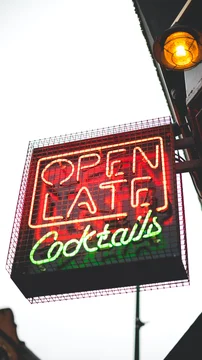In almost every case I have as a defendant, there's a moment around claim construction when I'm just sure I've got the plaintiff dead to rights. Under one construction, there's no infringement—under the other, the patent's invalid. I've just gotta turn the crank on the vise until those conniving jerks pop.

More often than not, however, this insoluble dilemma dissolves and I'm left cranking air.
It was thus with noticeable relish that I read Judge Bataillon's post-trial opinion in CR Bard Inc. v. AngioDynamics Inc. C.A. No. 1-15-218-JFB-SRF (D. Del. June 1, 2023)—where this spring was finally sprung.
The trap was—weirdly—in the term "suitable." The patents claimed a method for identifying a medical injection port as one of those "suitable" for high pressure applications such as CT scans (as well as apparatuses for doing the same). Apparently, the wrong sort of ports will explode if you use them for CT scans, so it's important for the doctor to know which kind you have.
The issue that came to the fore at trial was whether a "suitable" port was one that was ...






